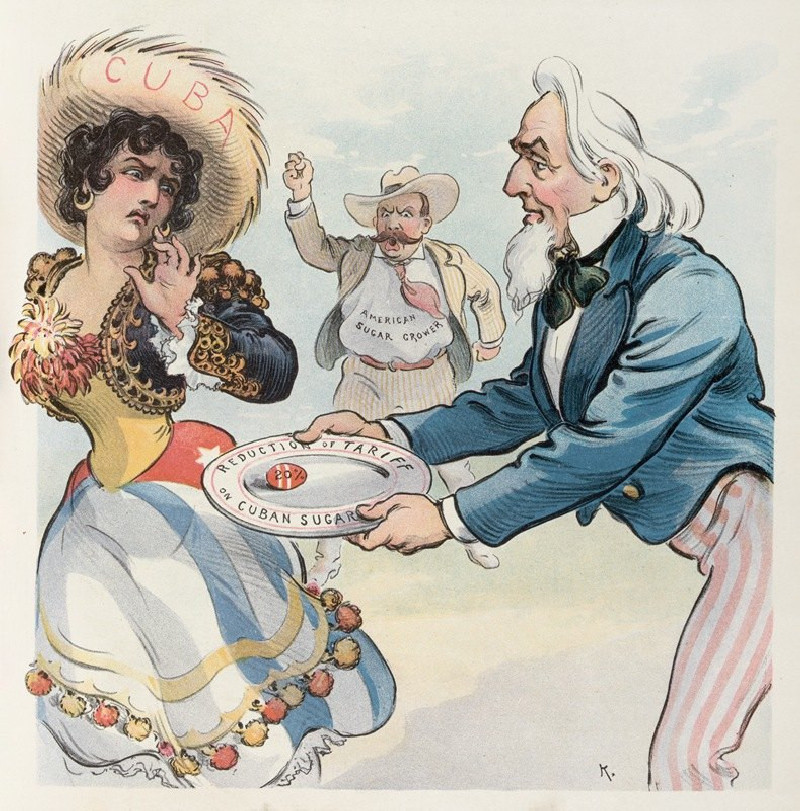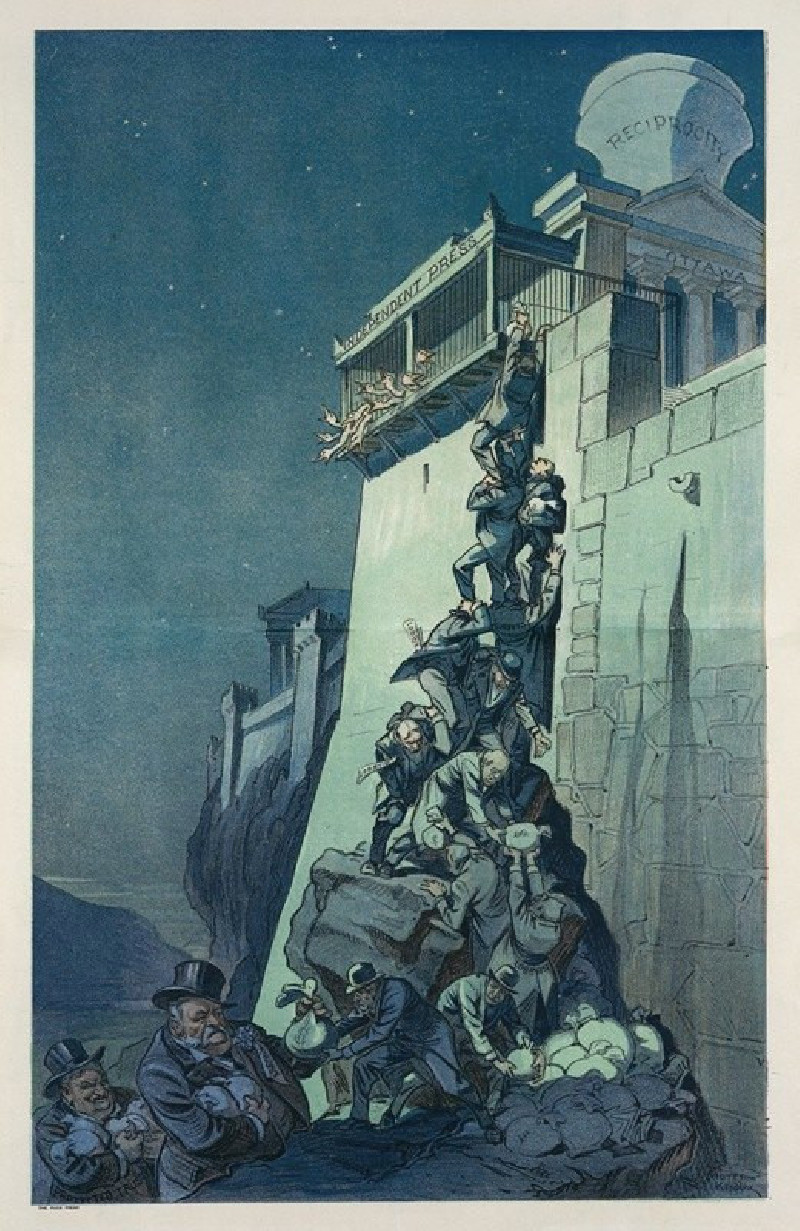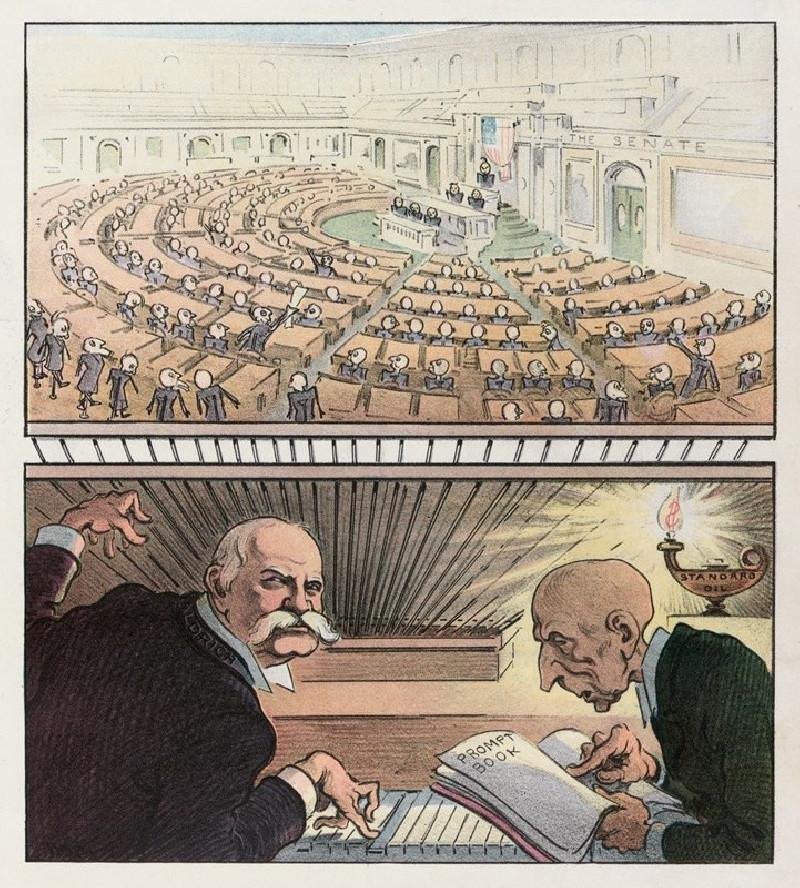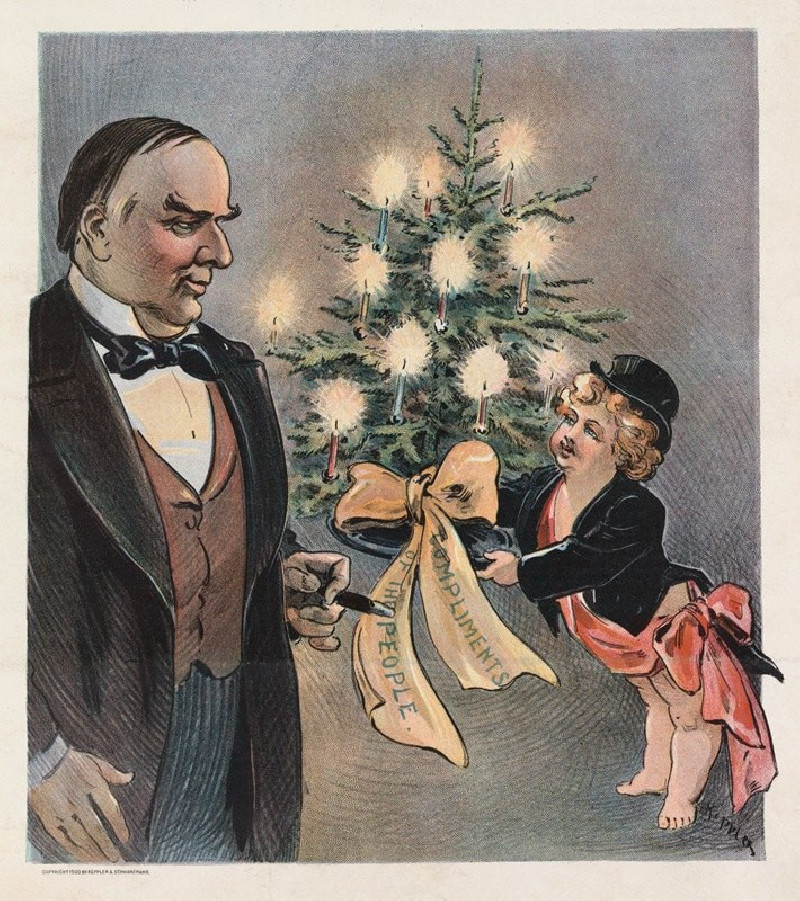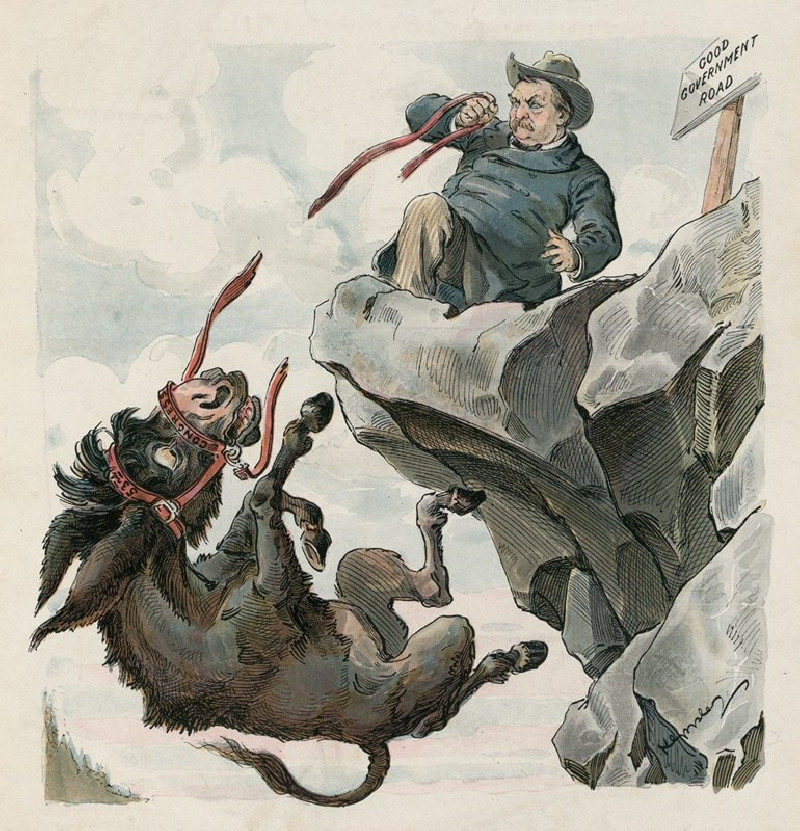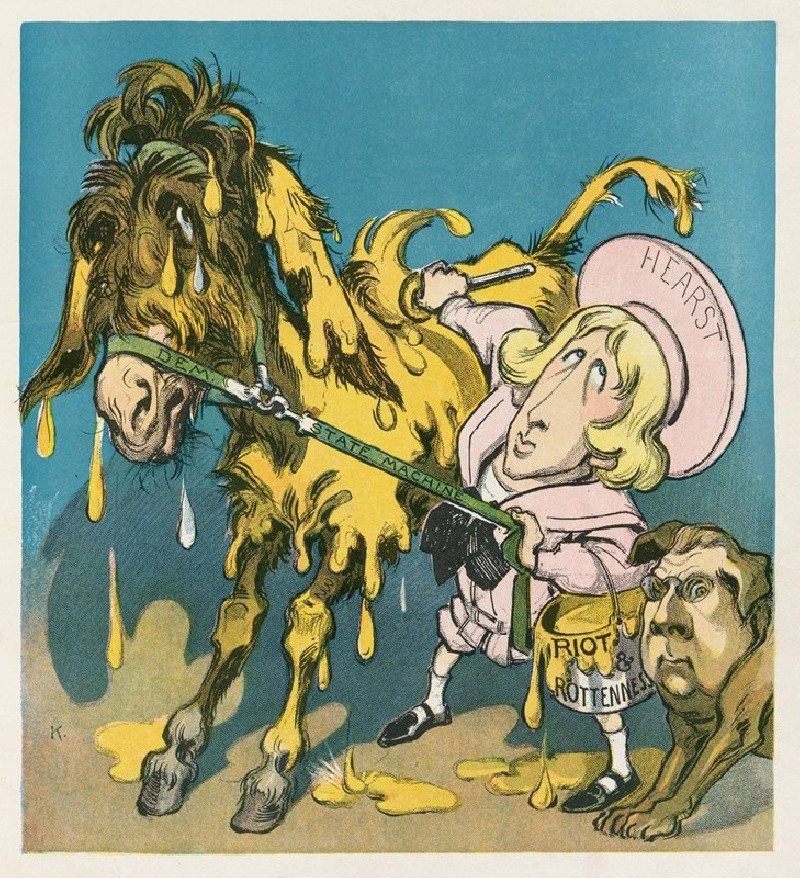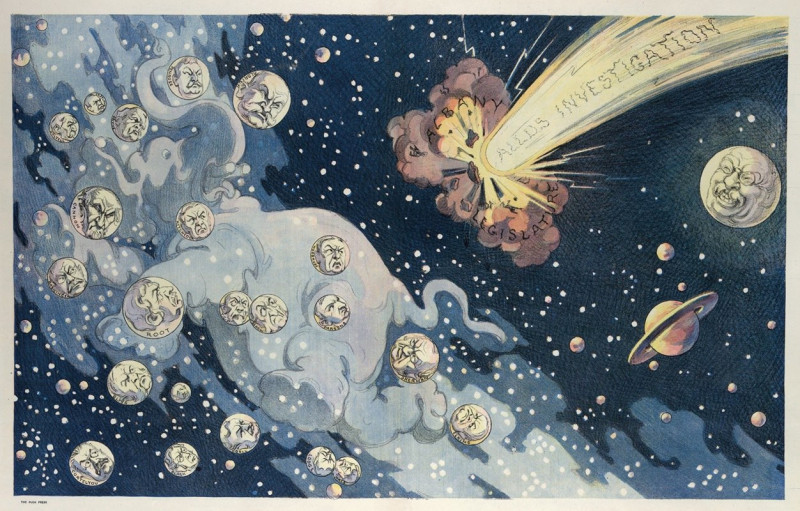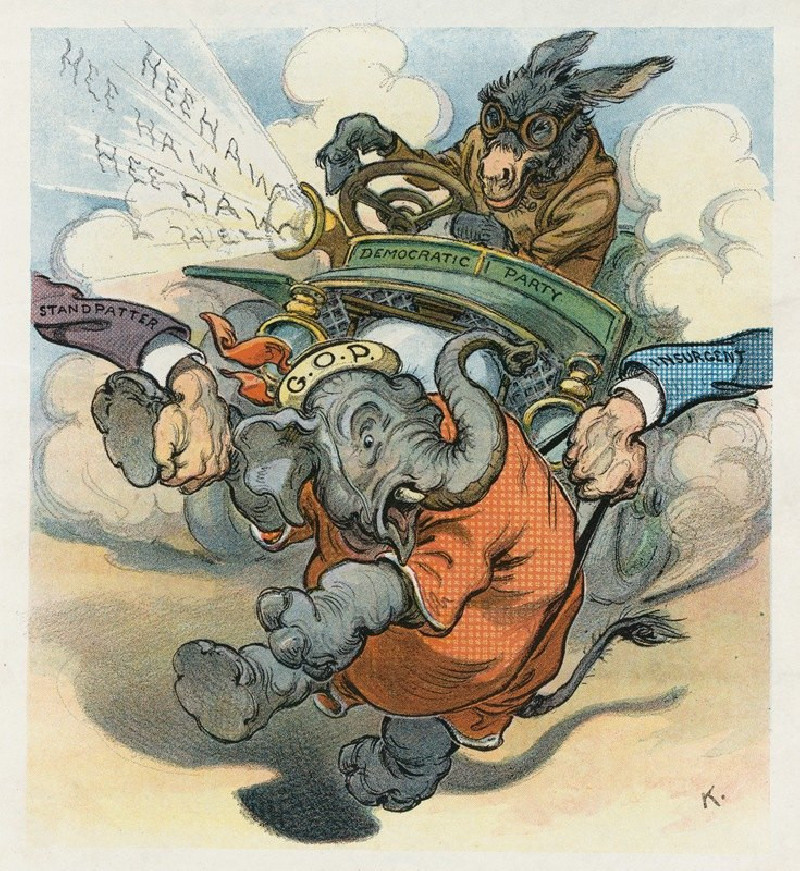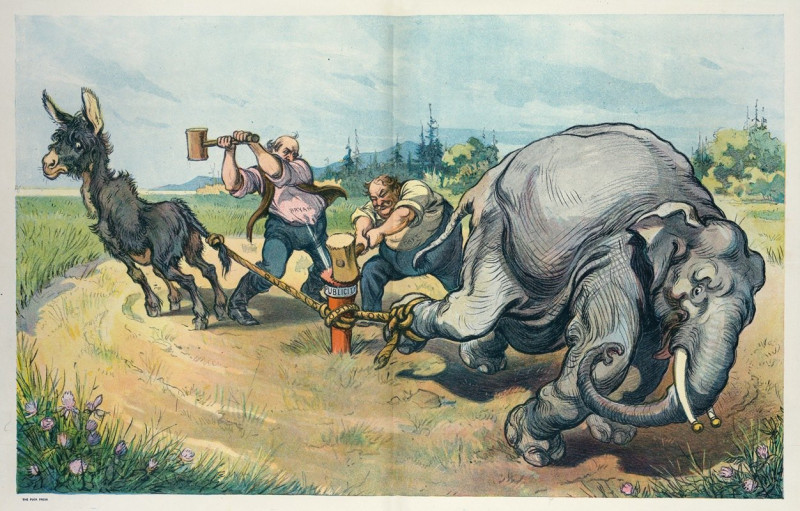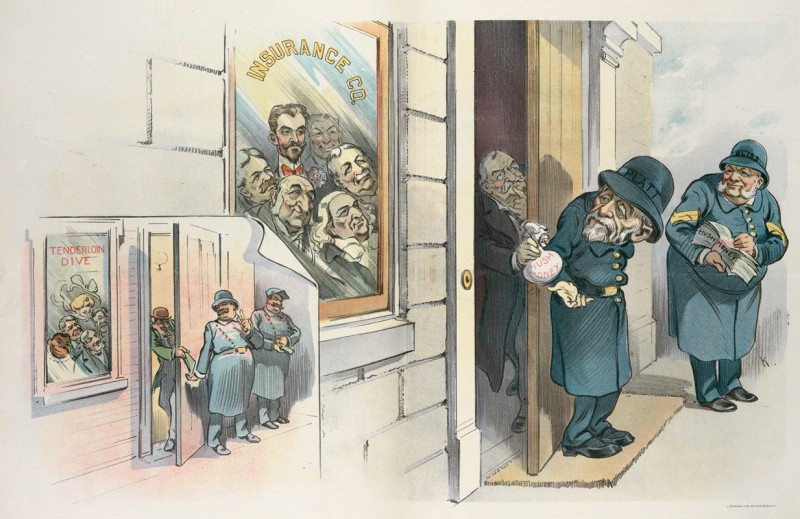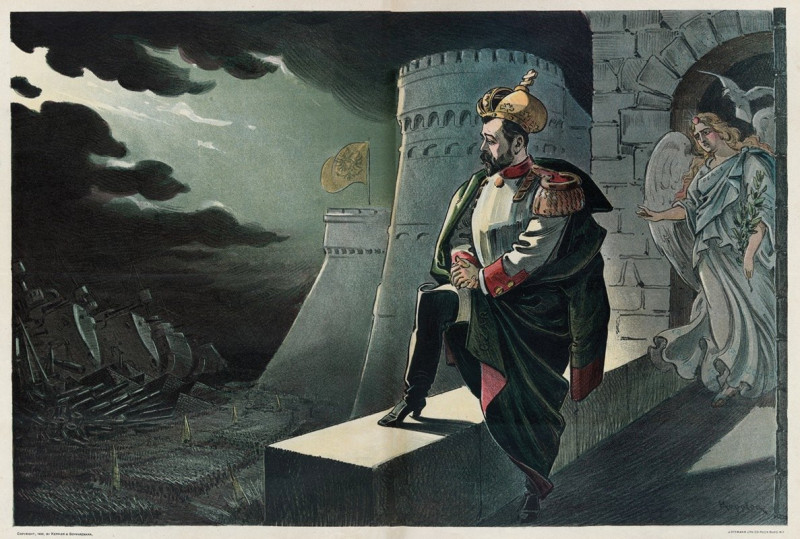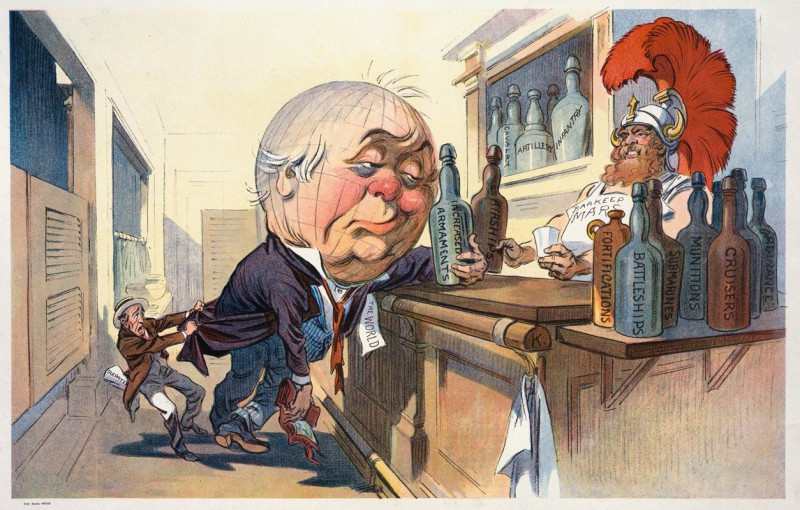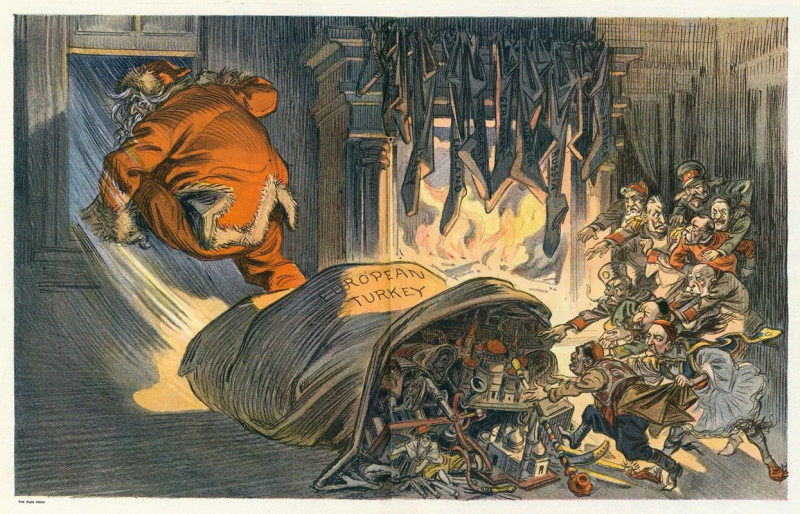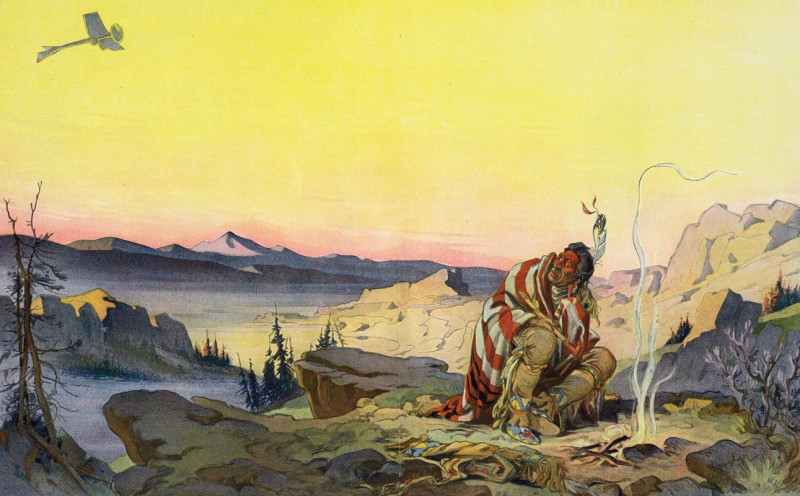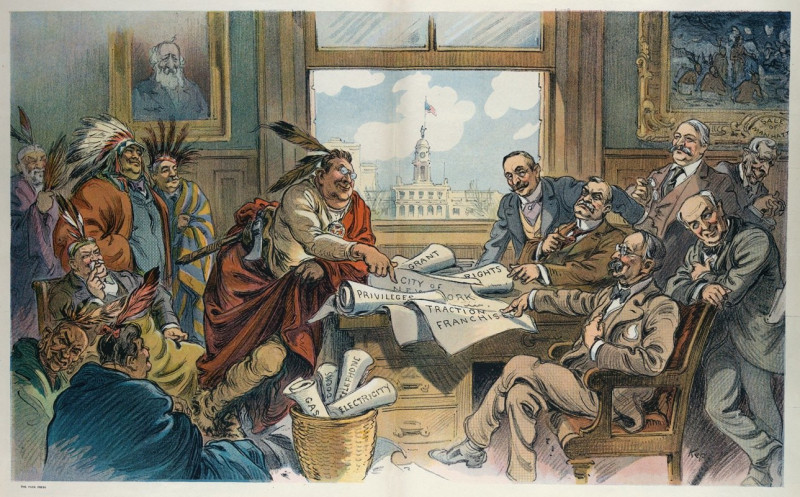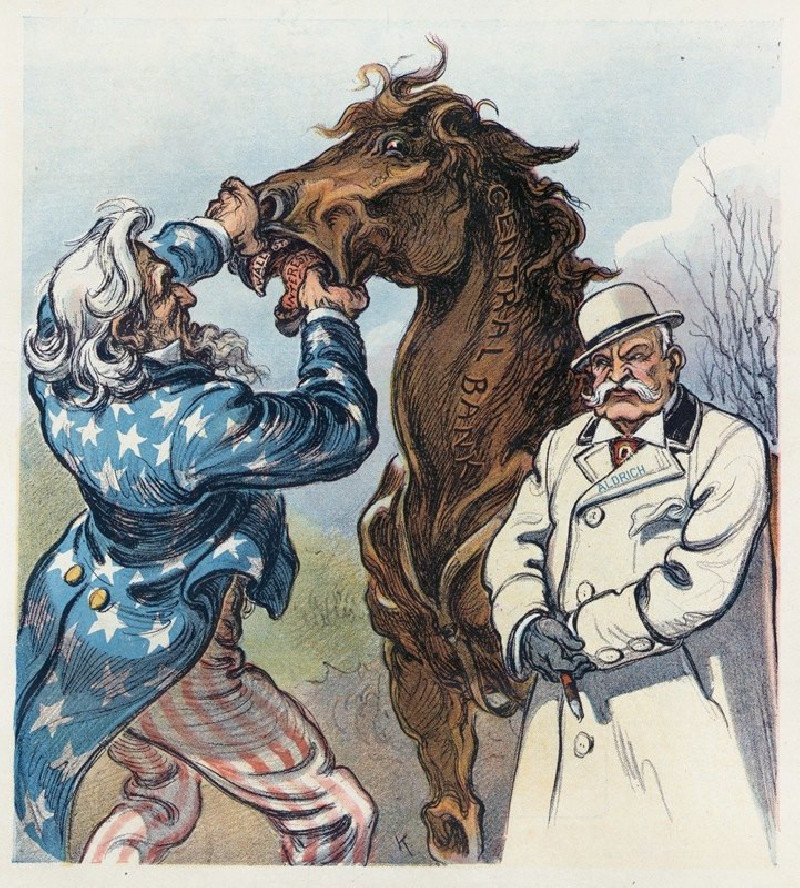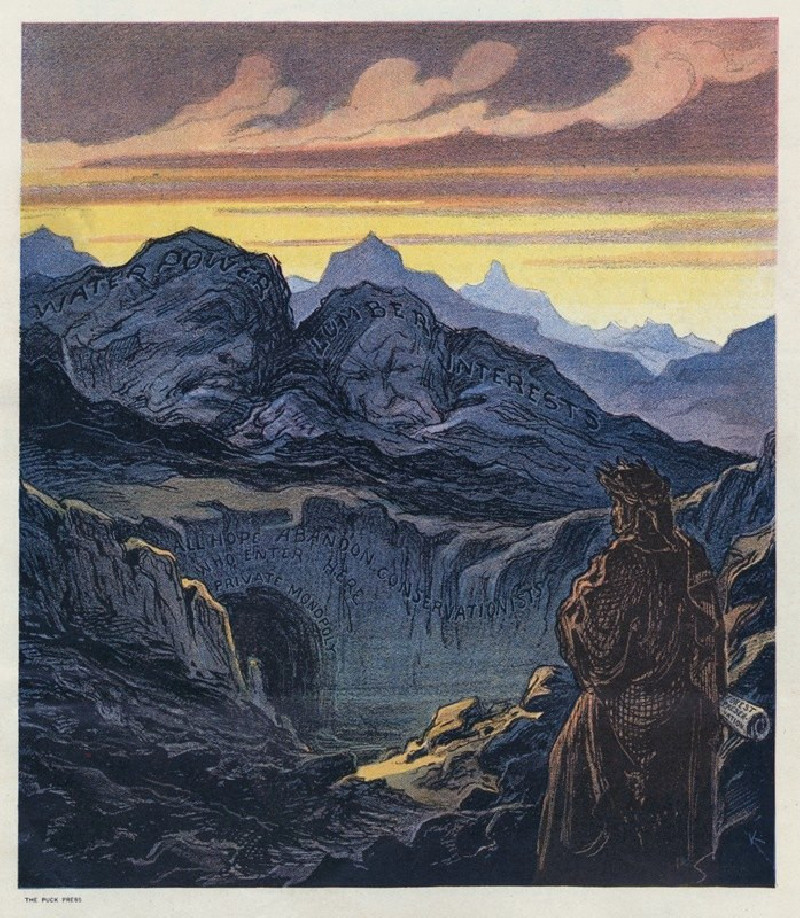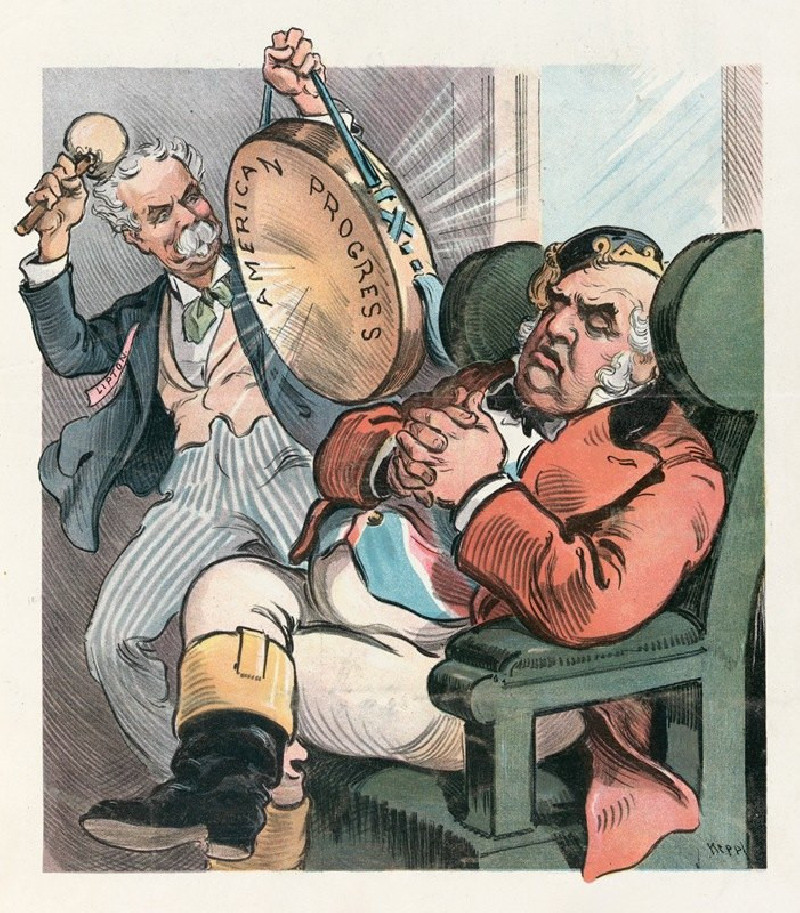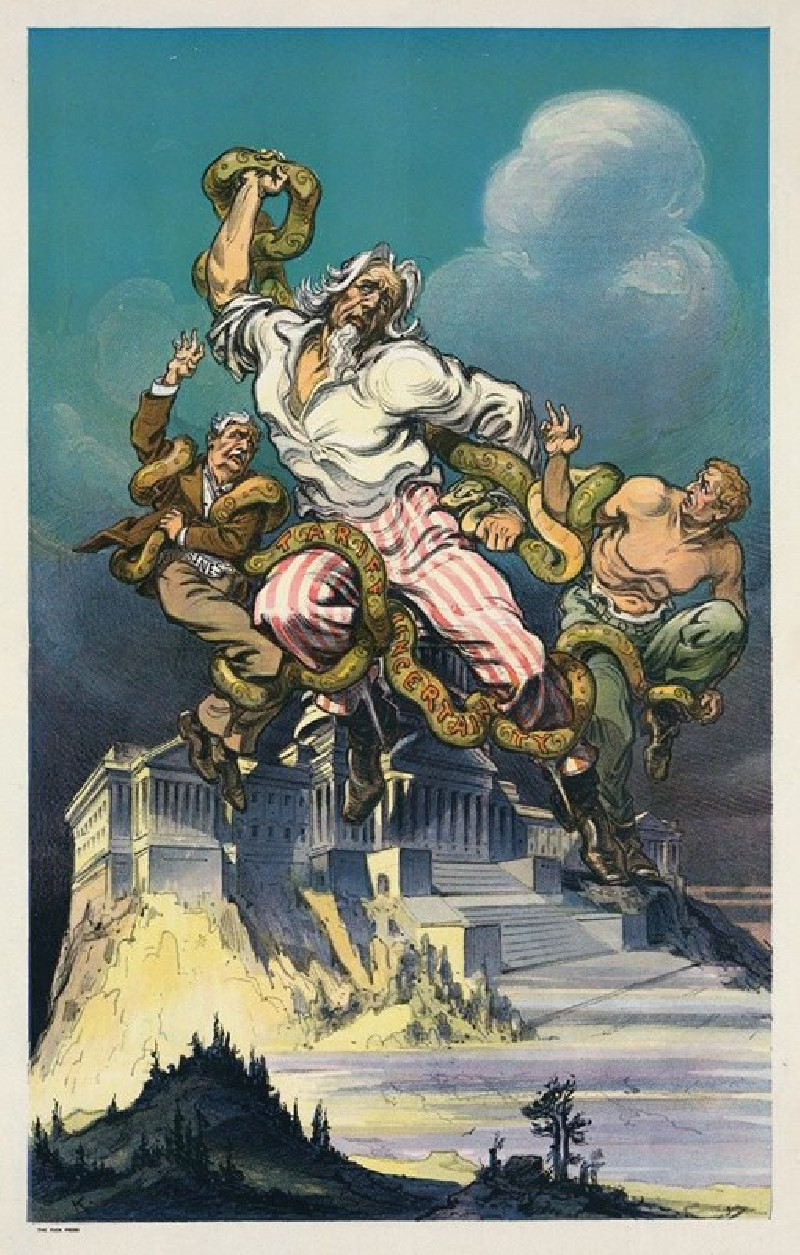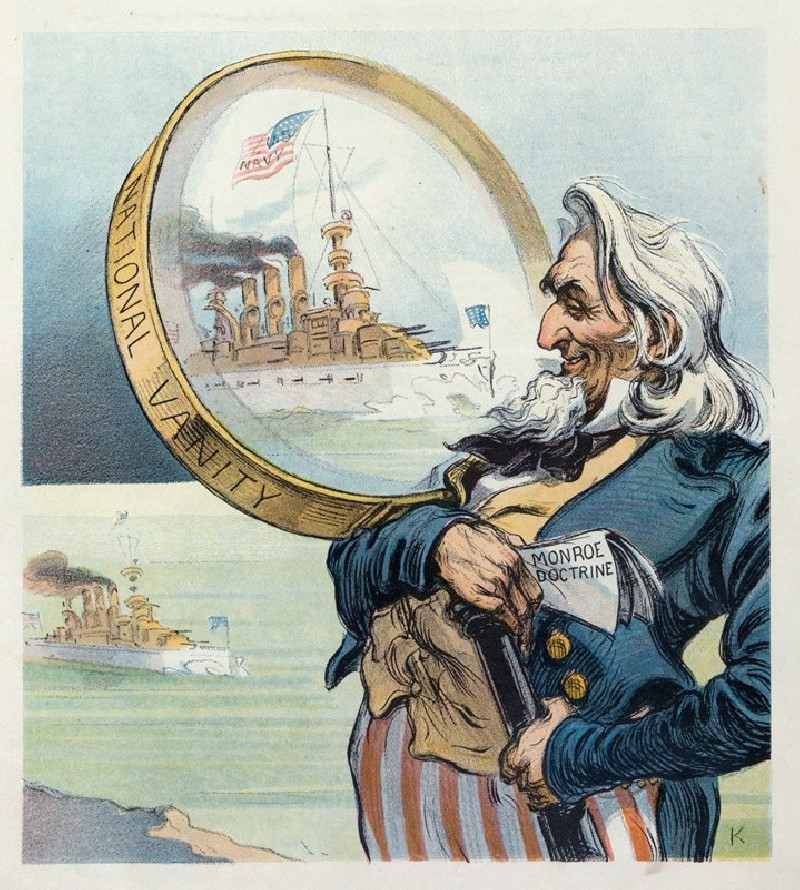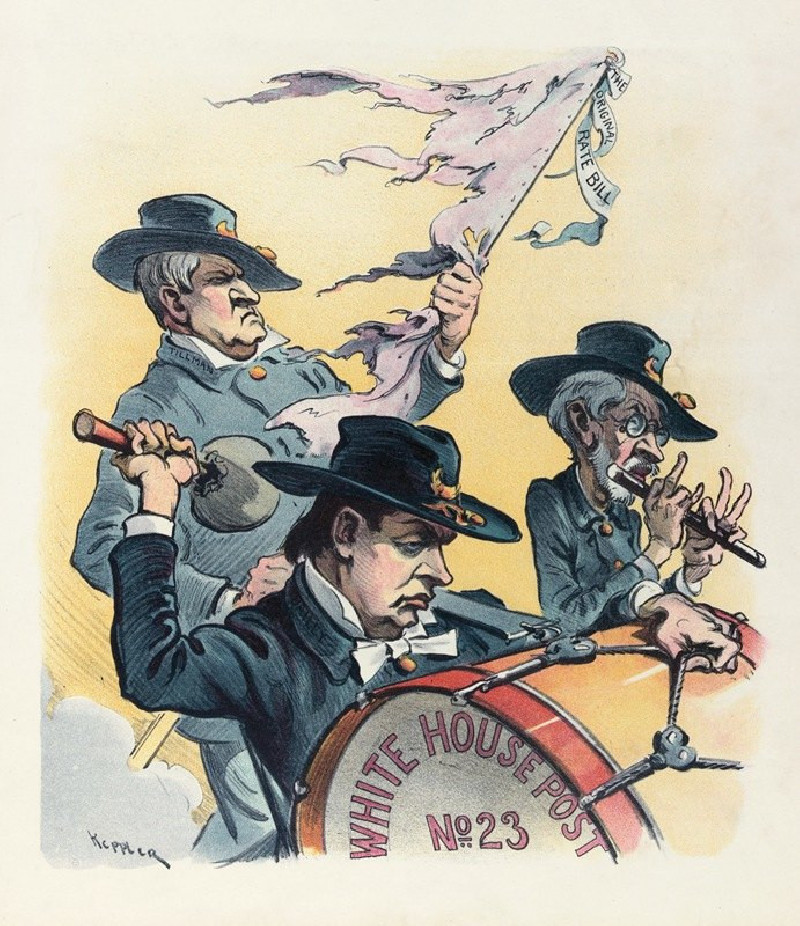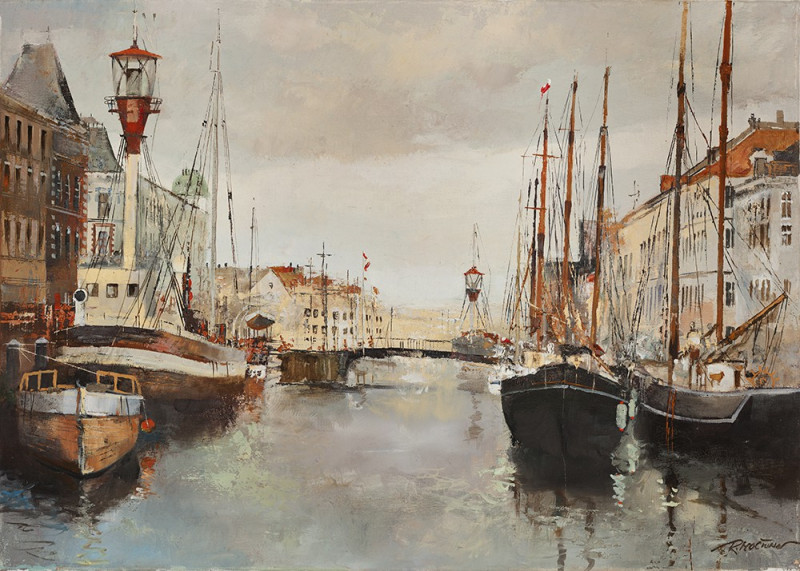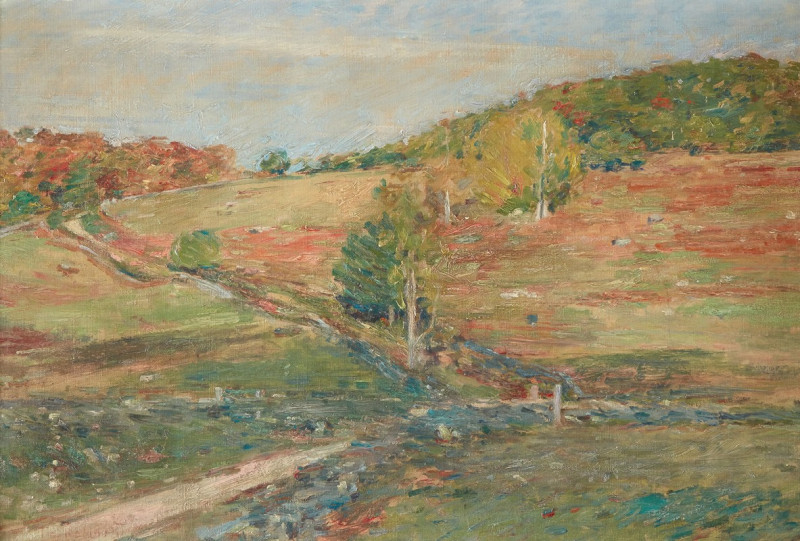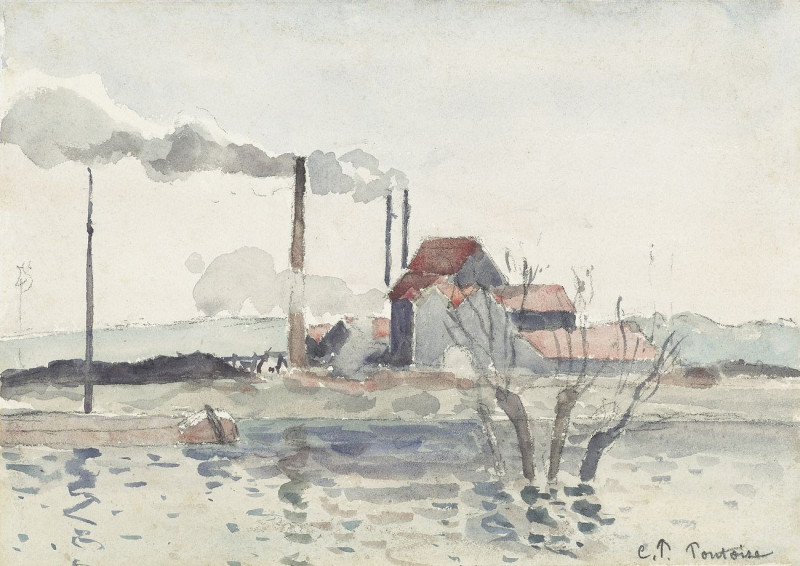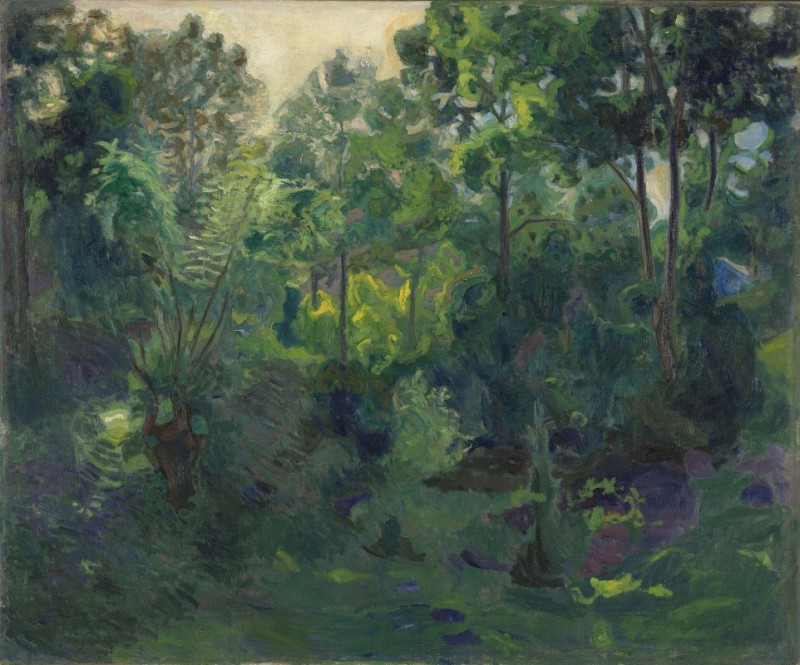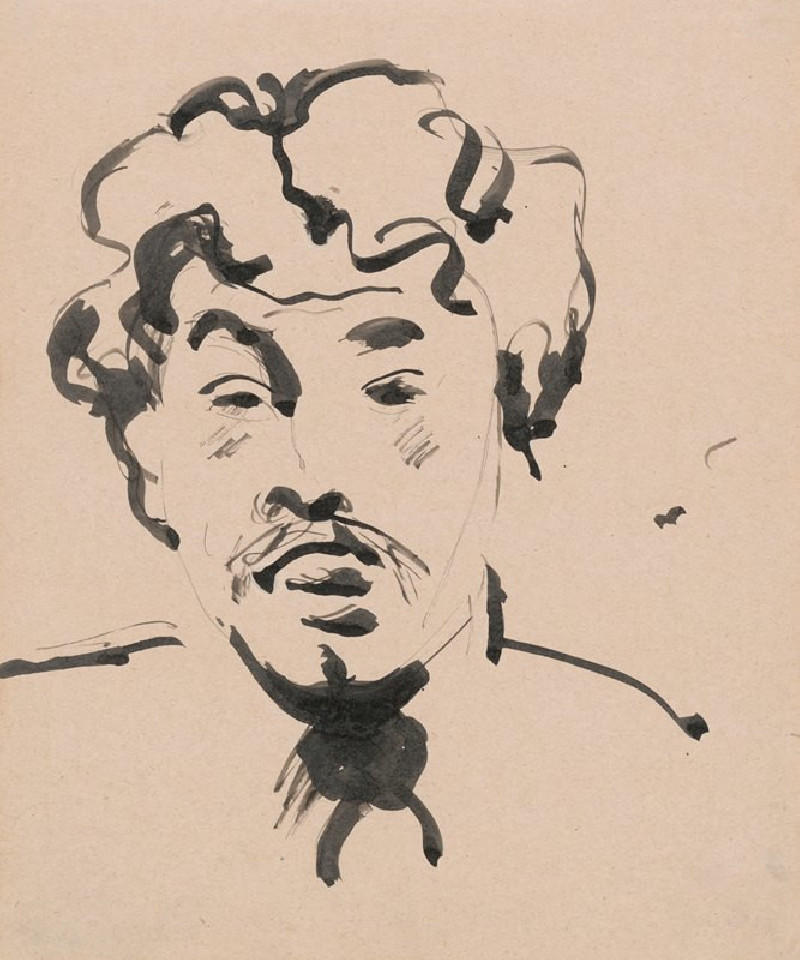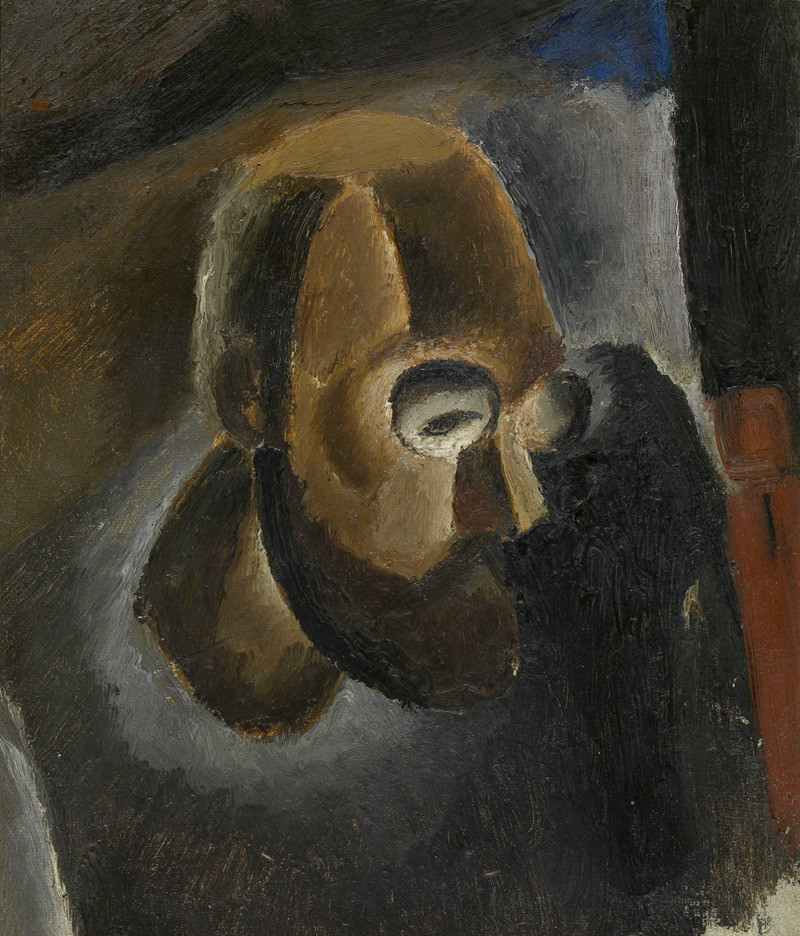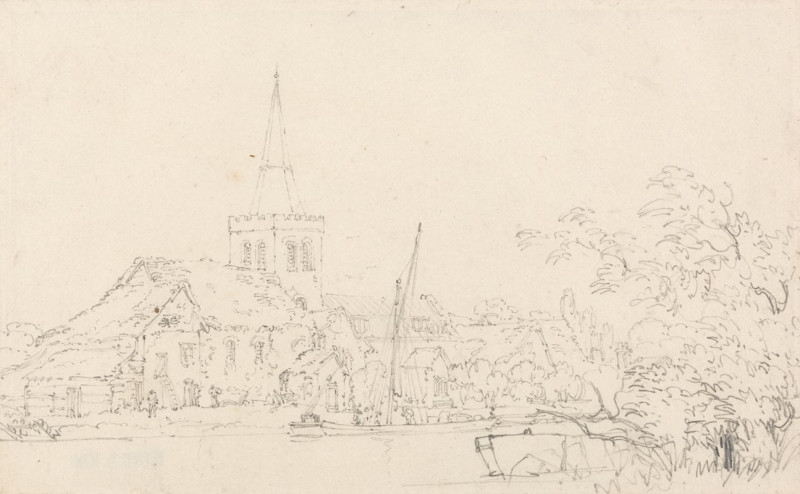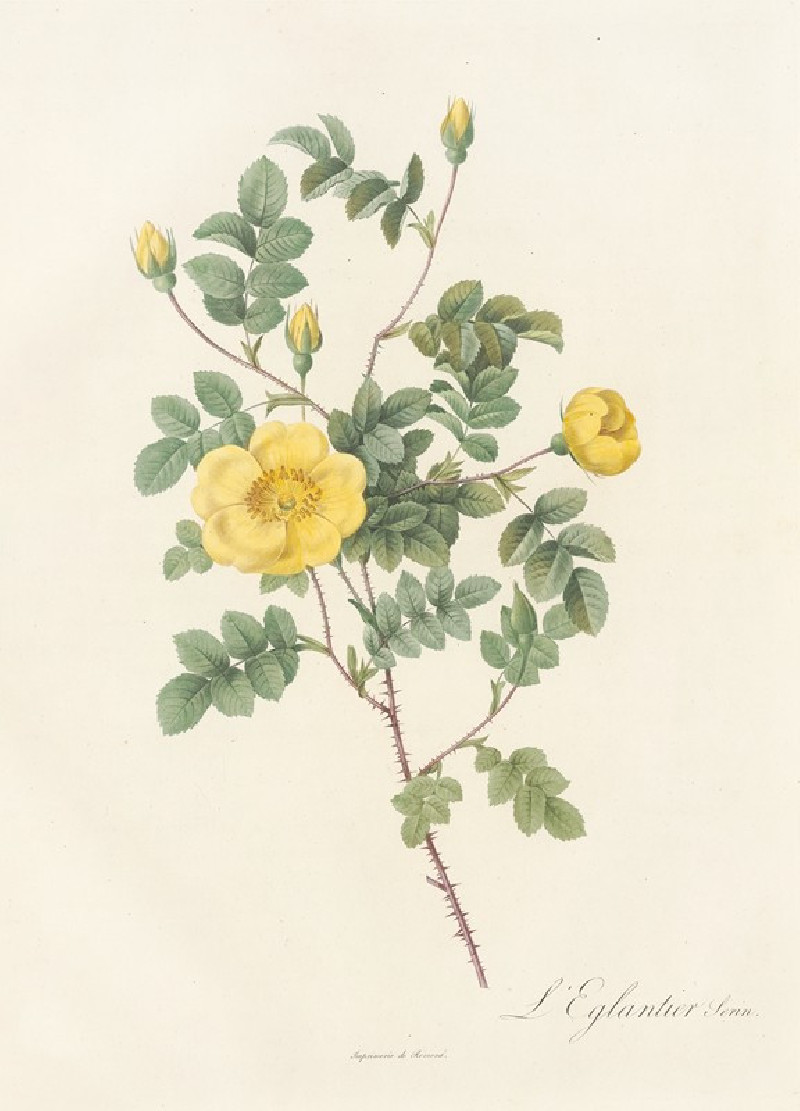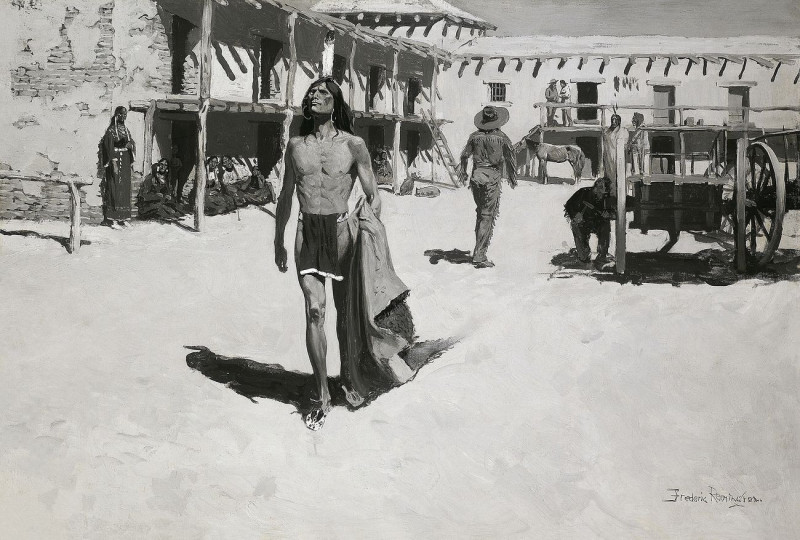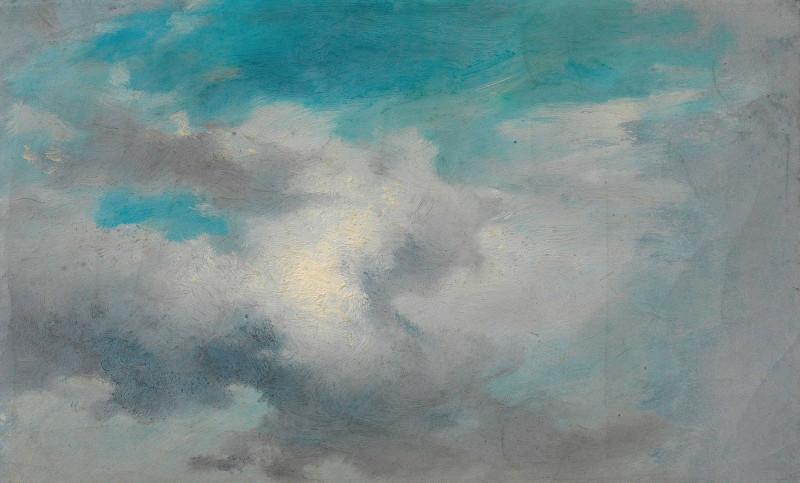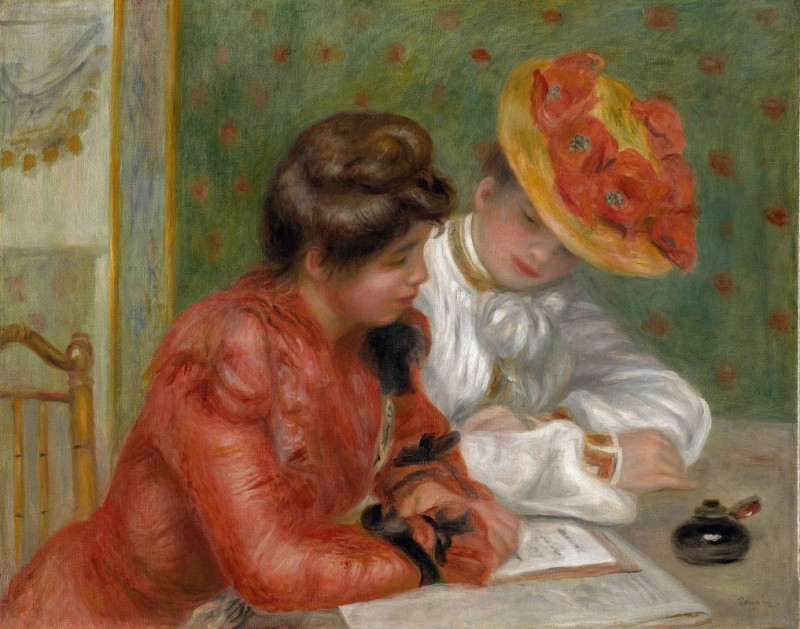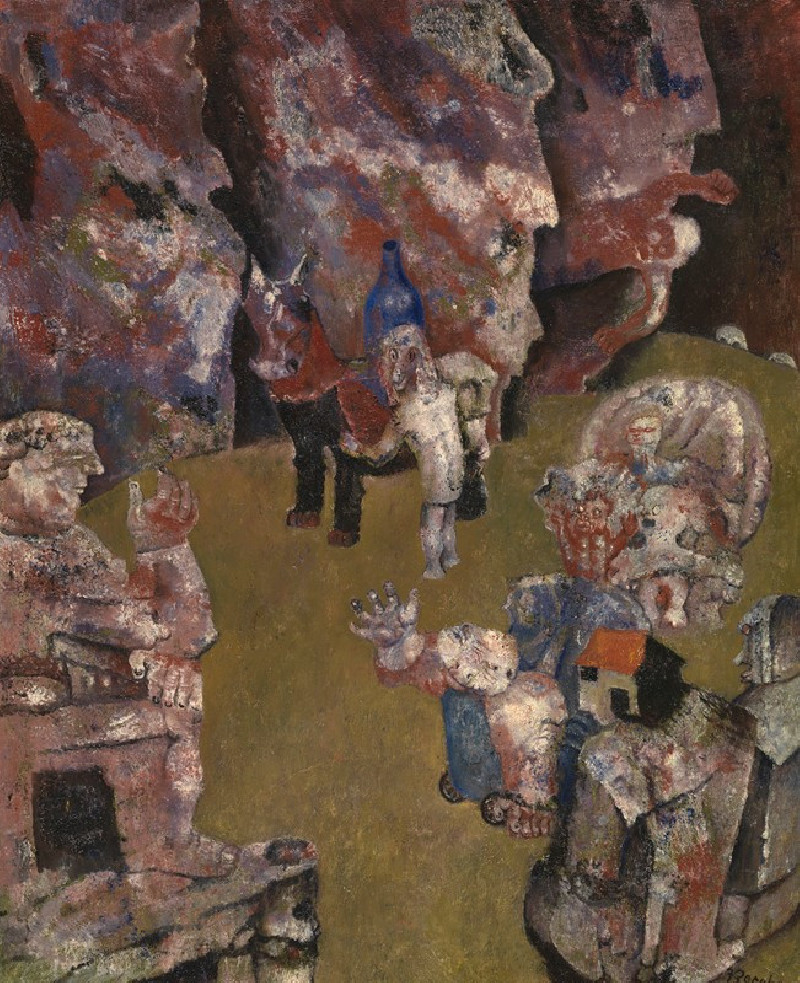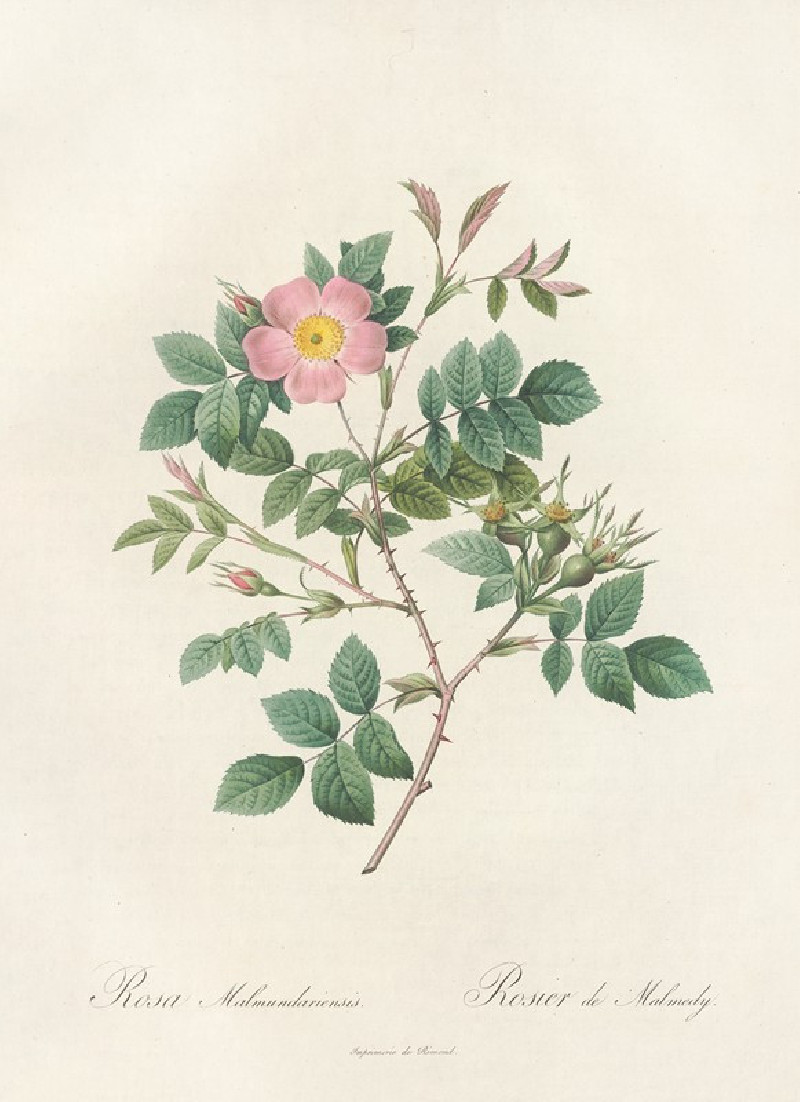The proposed concession to Cuba (1902)
Technique: Giclée quality print
Recommended by our customers
More about this artwork
Udo Keppler's vibrant and politically charged painting, "The Proposed Concession to Cuba," encapsulates a pivotal moment in early 20th-century American-Cuban relations. This artwork employs a cartoonish style to highlight the complexities of trade policies and their social impacts.In the painting, three characters are depicted in a vivid and dynamic interaction. The central figure, representing Cuba, is adorned in a traditional dress with a large hat inscribed with "Cuba." Her expression appears cautious and contemplative, capturing the nation's uncertain stance amidst international negotiations. To her right, an elderly man, symbolizing Uncle Sam, gestures towards a belt labeled "Reduction of Tariffs on Cuban Sugars." This figure's authoritative presentation and sharp focus imply the United States' significant influence over the economic terms being discussed.On the left, another pivotal character—representing American sugar growers—expresses dissent. He is dressed in rugged attire and sports a badge that reads "American Sugar Grower," reflecting the domestic opposition to the proposed trade adjustments that might affect local industries."The Proposed Concession to Cuba" serves as an insightful commentary on the intricate dance of diplomacy, economic interests, and national identity. Keppler’s use of bold colors and exaggerated forms draws viewers into the historic debate over trade tariffs, making a complex political issue both accessible and engaging.
Delivery
Returns
Udo J. Keppler, since 1894. known as Joseph Keppler, Jr., was an American political cartoonist, publisher, and Native American advocate. The son of cartoonist Joseph Keppler (1838–1894), who founded Puck magazine, the younger Keppler also contributed to cartoons, and after his father's death became co-owner of the magazine under the name Joseph Keppler. He was also a collector of Native American artifacts.

